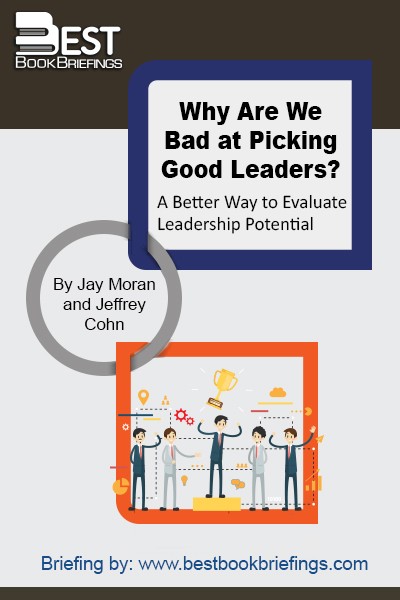Why Are We Bad at Picking Good Leaders?
A Better Way to Evaluate Leadership Potential
Editorial Review
It is difficult to pick good leaders. Time and again, we complain about the quality of the men and women who run our companies, organizations, and governments. We bemoan their incompetence, their detachment, their lack of urgency. Inevitably we get rid of these leaders and move on to the next ones, usually with a bit of hope and excitement. Unfortunately the pattern repeats, and we find ourselves right back where we started, shaking our heads. Why does this happen? Why don’t we do a better job of picking effective leaders? For starters, the reason can be broken down into two areas: the “what” and the “how.” The “what” aspect refers to the particular qualities to seek in a potential leader. Should the person be empathic, smart, forward thinking, creative? Which attributes are most important? Once this question has been settled, the next hurdle is determining whether a candidate possesses the requisite traits. This is “the how.” Is the quality hidden? Is it measurable? Is the candidate bluffing? How can you fairly and accurately compare two or more candidates?
Book Reviews
Books on Related Topics
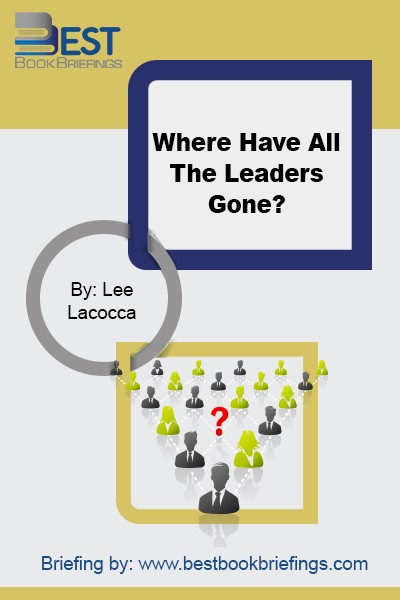
Confessing that he has flunked retirement, Iacocca calls on citizens of all ages to vote, get involved, and choose our leaders carefully. Along the way, he shares stories about the prominent people he's met and known, including the time he smoked cigars with Fidel Castro, what Bob Hope told him about
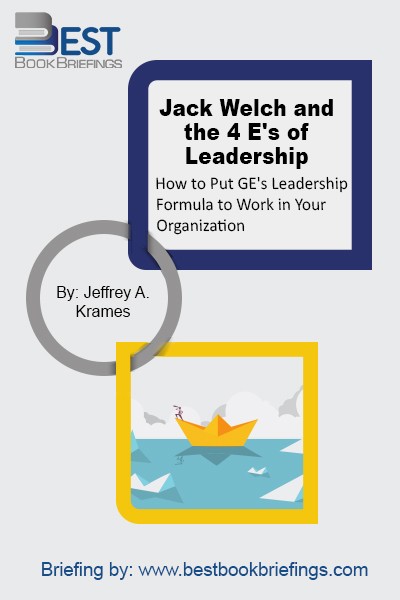
In his 20-plus years at General Electric, Welch transformed a mature manufacturing company into an outstanding products-and-services juggernaut. He increased the value of the company more than 30 times over. He achieved all of this by defying some of GE's most venerated traditions (for example, by making hundreds of acquisitions), by
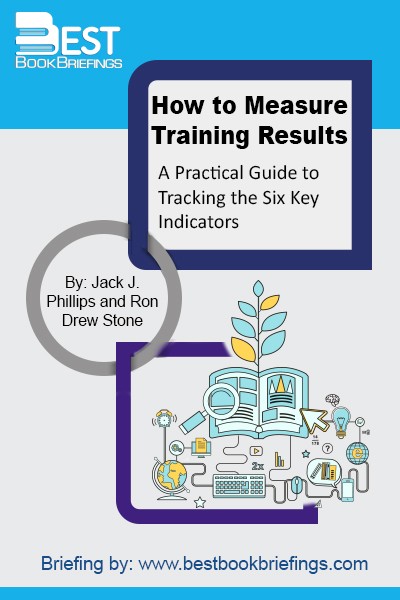
Too often, training has been viewed as either a line-management responsibility, or a responsibility of the HR or training department. The truth is: management and HR are jointly responsible. Senior management do not ask enough questions about results, because training costs are budgeted and allocated in ways that create indifference from
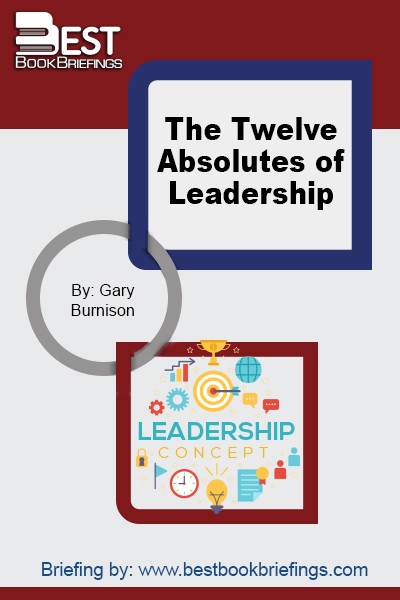
Leadership is easy to intellectualize, but elusive to actualize. Leadership is part strategy, but mostly judgment. Always it is about grace, confidence, and touch. There are no half measures when it comes to leading others. You must be fully engaged and fully committed, but you must never personalize what is happening

